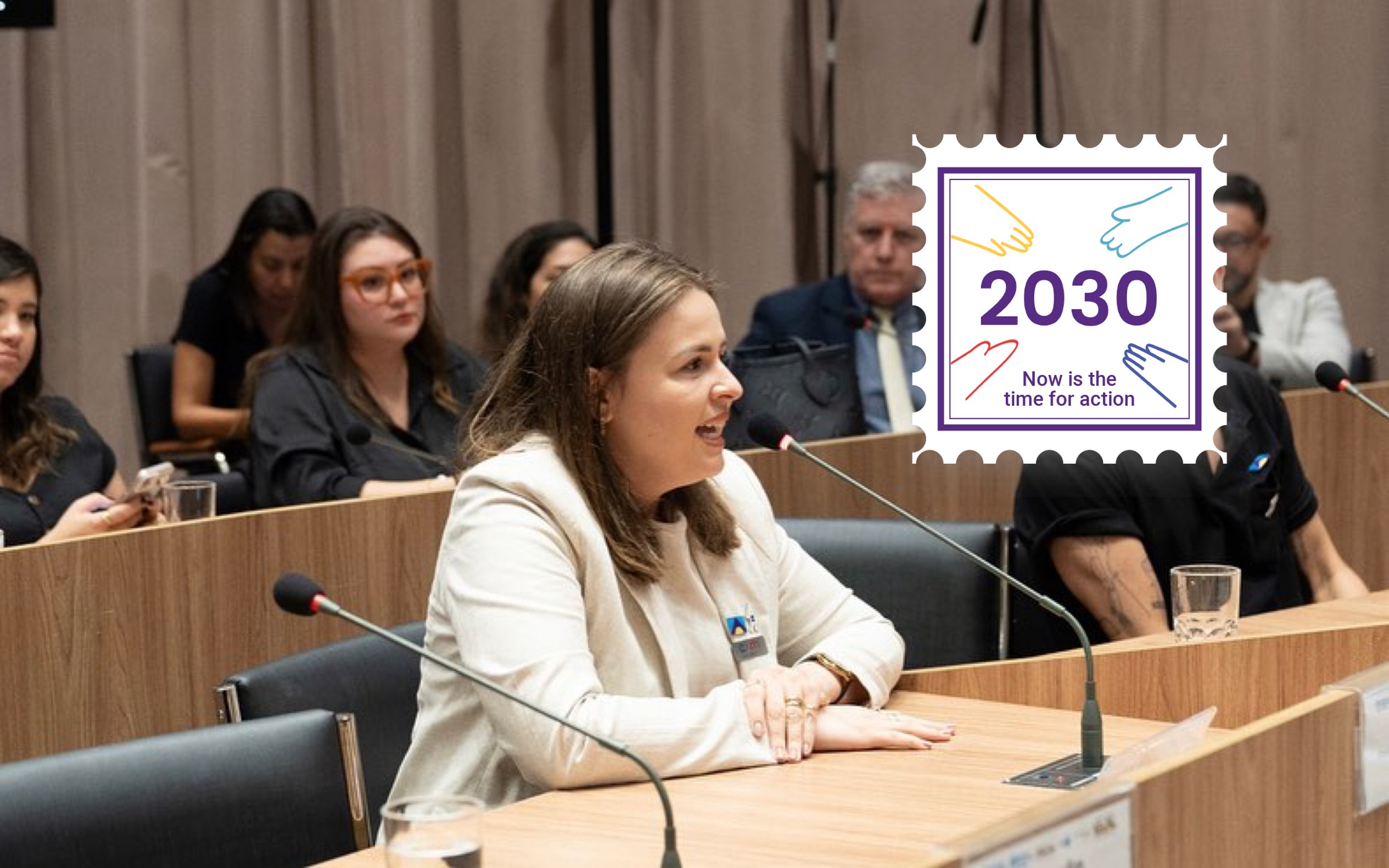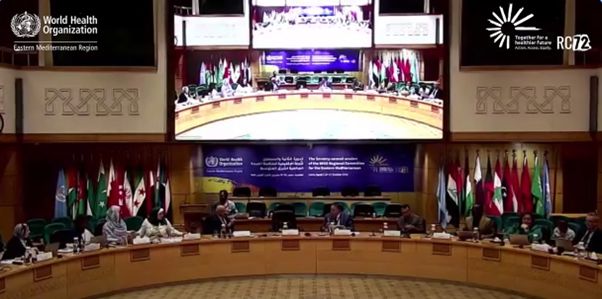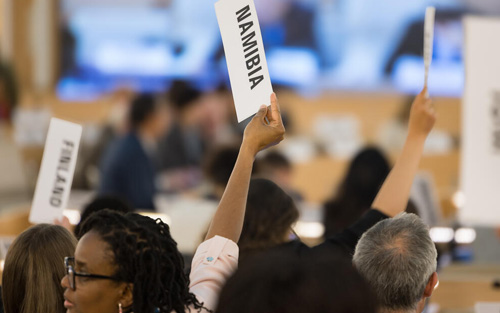
Halfway to 2030
Now is the time for government action to defeat meningitis. With concerted action, we can save lives and protect futures.

A major step forward for defeating meningitis in the Eastern Mediterranean.
On 2nd October 2025, just days before World Meningitis Day, an important milestone took place in Cairo, Egypt, marking a major step towards defeating meningitis.
As part of their annual regional meeting, the World Health Organization (WHO) shone a spotlight on meningitis when they launched their regional framework to defeat meningitis by 2030 in the Eastern Mediterranean region (EMRO). This is a significant step forwards in the journey towards defeating meningitis in the region and one that should be celebrated.
This framework supports the goals of the WHO’s Global Road Map for Defeating Meningitis by 2030. Launched in 2020, the global plan recommends that every WHO region develops their own framework “to ensure that regional needs and specificities are met and that regional commitment is promoted”.
The launch of EMRO’s framework saw speakers sharing their views from across the global health sector, emphasising the need for an integrated, multisectoral approach to tackling the disease. Attendees celebrated incredible progress in the region to date. This included the elimination of Meningitis A outbreaks in Sudan, which sits within the heart of the Meningitis Belt – the region of Africa with the highest burden of meningitis outbreaks – and was the first to introduce Meningitis A vaccines into their routine immunisation schedule.
This is testament to what is possible when political will, community engagement and global solidarity come together.Minister of Health, Sudan
Speakers also discussed the unique challenges facing the region, including the risk of meningitis outbreaks as a result of mass gatherings like the Hajj and Umrah pilgrimages. Examples like these highlight why regional frameworks are so important, enabling the WHO’s Global Road Map to Defeat Meningitis by 2030 to be translated into guidance which truly recognises each region’s own unique disease burden, community need, healthcare landscape and political situation.
At a turbulent time within the global health sector, the publication of the EMRO framework demonstrates the region’s political will to defeat meningitis. This also marks a milestone as 50% of WHO regions now have a framework in place, with the Africa and Americas regions already having published their own.
As we near the halfway point in the WHO’s Global Road Map to Defeat Meningitis by 2030, these steps forward in implementation act as beacons of hope for continued efforts to eliminate bacterial meningitis epidemics, reduce cases of vaccine preventable meningitis, reduce disabilities and improve quality of life after meningitis.
Visit our Race to 2030 knowledge hub to find out more about supporting the Global Road Map to Defeat Meningitis by 2030.

Now is the time for government action to defeat meningitis. With concerted action, we can save lives and protect futures.

Global health leaders met in Geneva for the annual World Health Assembly – a chance to discuss progress and priorities.

The World Health Organization has launched a regional framework to defeat meningitis by 2030 in the Eastern Mediterranean.